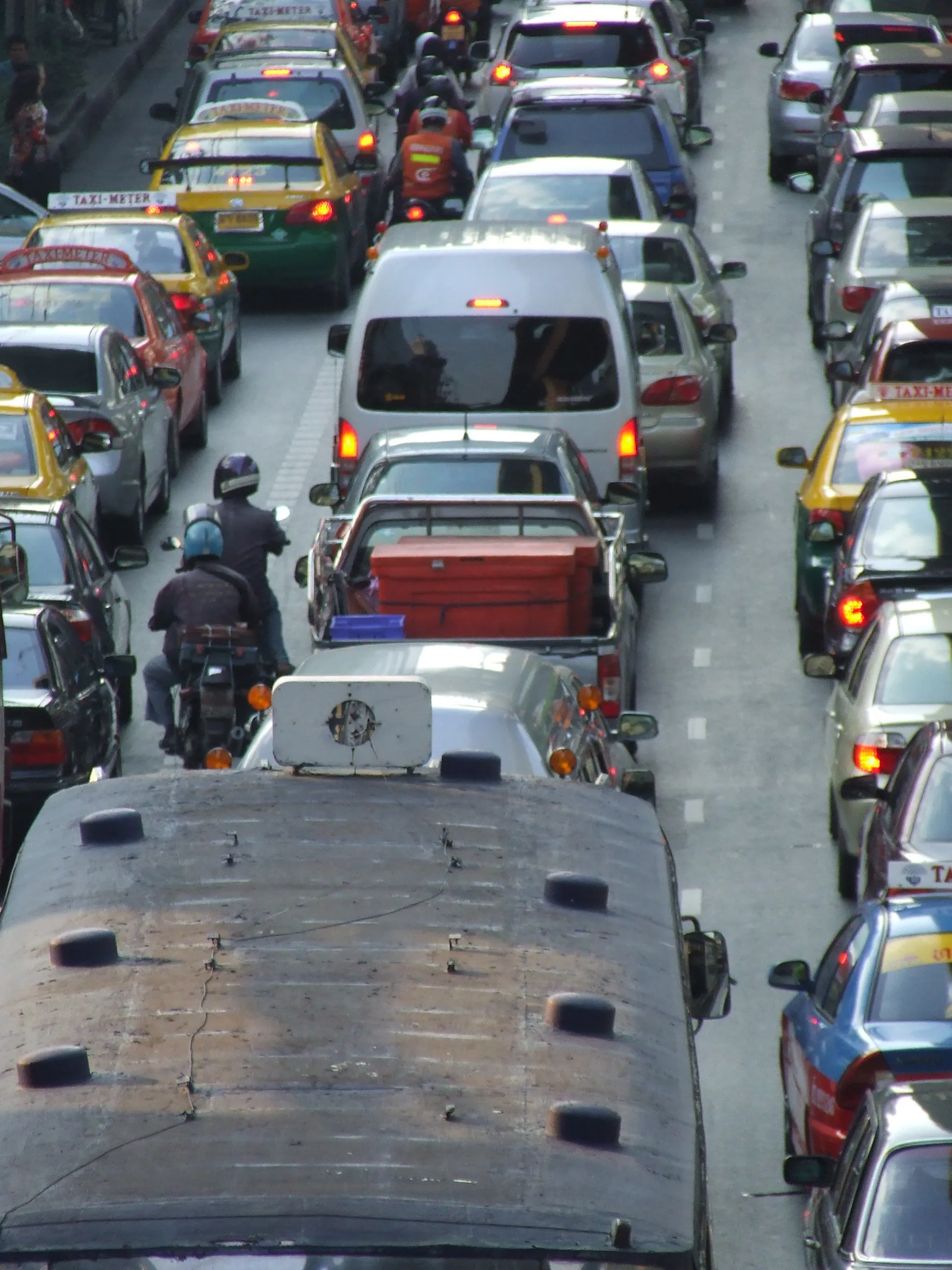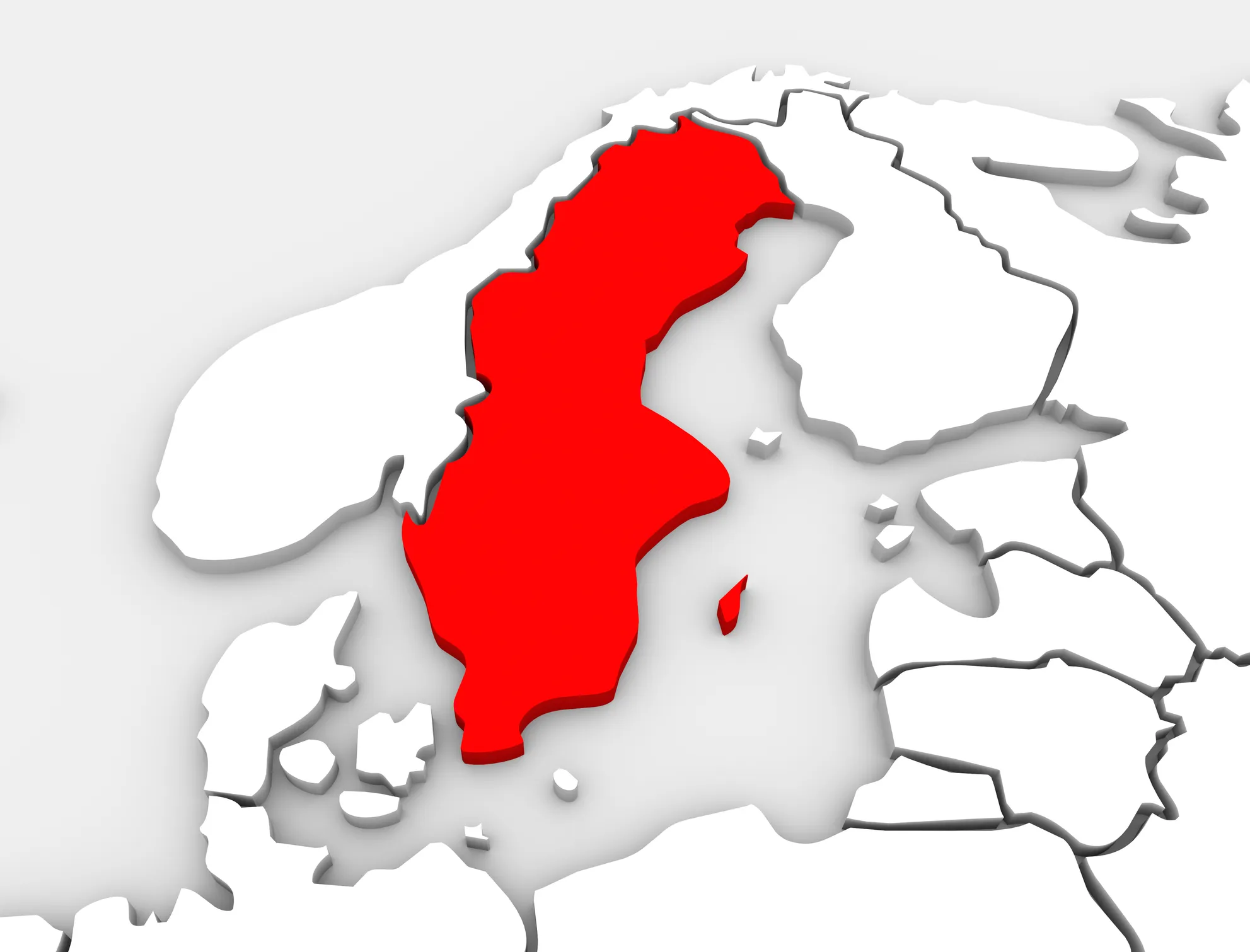Rising volumes of truck traffic counteracts the eco benefits of alternative fuels and energy efficient engines, a report by the Swedish Transport Administration (Trafikverket) has found.
March 16, 2012
Read time: 1 min
Rising volumes of truck traffic counteracts the eco benefits of alternative fuels and energy efficient engines, a report by the Swedish Transport Administration (1096 Trafikverket) has found.
Truck traffic rose by just under three per cent and passenger car traffic rose by one per cent during 2011, which generated 100,000 tonnes more carbon dioxide emissions. Håkan Johansson, climate coordinator at the Transport Administration, said that fuel substitution was not sufficient to combat emissions; a shift from transport by road to railway and shipping was necessary to achieve the target of a fossil-free transport fleet in Sweden by 2030.
Truck traffic rose by just under three per cent and passenger car traffic rose by one per cent during 2011, which generated 100,000 tonnes more carbon dioxide emissions. Håkan Johansson, climate coordinator at the Transport Administration, said that fuel substitution was not sufficient to combat emissions; a shift from transport by road to railway and shipping was necessary to achieve the target of a fossil-free transport fleet in Sweden by 2030.









